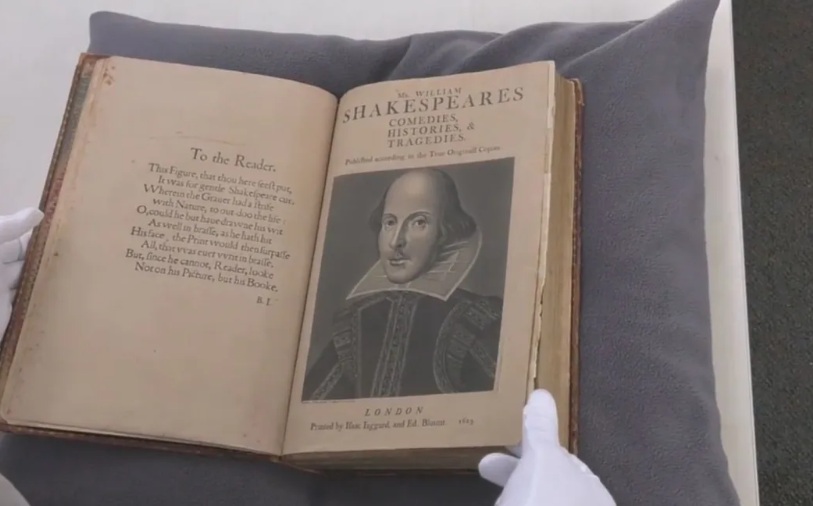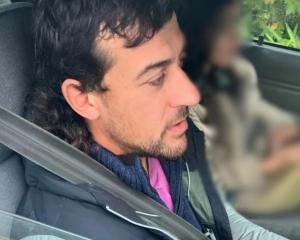
The draft Year 7-13 English curriculum proposes compulsory Shakespeare for senior secondary school students and spelling and keyboard lessons for children at intermediate schools.
Published this week, the draft came with a list of "suggested" texts including the World War Two speeches of Winston Churchill and the poem Ozymandias by Percy Shelley.
Missing from the document was any reference to Te Mātaiaho, the framework that underpinned other recently rewritten curriculums.
Development of the draft was controversial due to the make-up of the writing group and early suggestions the curriculum would be heavily weighted toward European male authors.
The English teachers association last year walked away from the process.
Information published with the draft this week said it was structured so students in Y7-8 would "establish foundational skills in reading, writing, and oral language, transitioning into text studies and language studies from Years 9-13".
The draft said students in Y7-8 should learn to "handwrite with stamina and fluency while maintaining legibility, size, spacing, and slope" and to type efficiently and accurately.
They would also learn to spell words, write complex sentences, and use colons and semicolons.
By Y9-10 students would know that they needed to use accurate grammar and punctuation.
The draft said at all year levels "students must experience historical and contemporary texts that are widely regarded as high quality".
Those texts "must include: seminal texts, which are important writings, such as books, stories, or poems, that have played a significant role in helping people appreciate and understand texts; these texts are valued because they introduce key ideas and ways of thinking; texts by Aotearoa New Zealand authors; texts from around the world; texts from popular and youth cultures; texts students have chosen for personal interest and enjoyment".
At both Y12 and Y13, the texts must include a work by Shakespeare and a text from the 19th century.
The suggested text list included the poetry of World War One poets and Martin Luther King's "I have a dream" speech for Y9-10, and at Y12 1984 by George Orwell and the World War Two speeches of Winston Churchill.
The suggested texts list also included New Zealand works.
For Y7-10 they included Charlie Tangaroa and the Creature from the Sea by Tania Roxborogh, Annual by Kate de Goldi and Susan Paris, and selected poems by Hone Tuwahare.
At Y13 they included Auē by Becky Manawatu and Shuriken by Vincent O'Sullivan.

She said there were likely to be a range of views about the draft.
"I know that there will be teachers who are looking at this and feeling really happy, but I know that there's going to be a lot of teachers who will look at this and be questioning some of the choices," Tinning said.
She said the draft removed previous references to New Zealand literature as a tāonga for young people.
"We need to be really clear that our young people deserve to have a really good understanding of what is so valuable and important about New Zealand literature and the writers and thinkers of Aotearoa New Zealand," she said.
Tinning said other recently-rewritten curriculums were structured around the idea that students should Understand, Know, Do, but the Y7-13 English draft included only Know and Do.
The draft also had no reference to Te Mātaiaho, the framework underpinning the entire curriculum refresh and referred to in the other recently redrafted curriculums such as Y7-13 maths.
"It seems strange that mathematics has Te Mātaiaho still very clearly sitting in it in terms of that framework, but that's gone from English. It seems really bizarre that the Understand, Know, Do structure that is sitting in mathematics, has disappeared or been changed quite dramatically for English. I would love to hear what that philosophy is," Tinning said.
"All of our curriculum areas, when we look at all the different subjects, there still needs to be some alignment. It needs to have some clarity around what structures we all use and teach, and keep in mind ... so when one is quite different to another you have a misalignment around how we teach."













